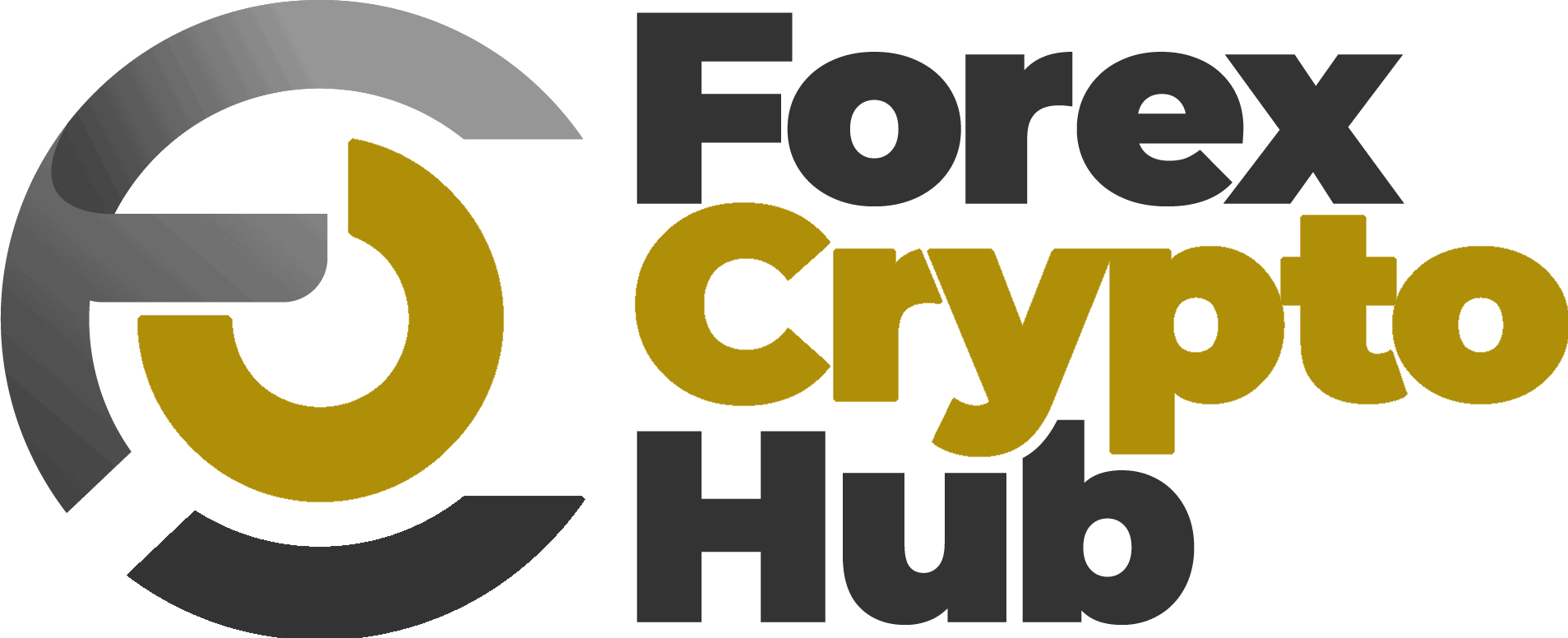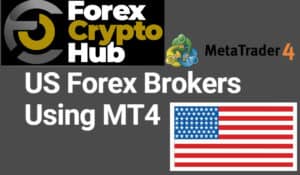Regulations In Forex Trading
The risky Forex trading market, which involves trading currency pairs needs proper Forex regulation. The Forex industry closely works with the government regulatory bodies to provide adequate protection for investors and traders.
However, you need to be extremely cautious because not all Forex brokers need to be regulated to provide Forex trading services. Different regulatory bodies have varied rules and regulations regarding Forex transactions. If you register with an unregulated Forex broker, you are simply risking all your money.
Forex Regulatory Bodies
 With more than $1 Trillion dollars traded every day, the Forex market is inviting new brokers to set up trading solutions.
With more than $1 Trillion dollars traded every day, the Forex market is inviting new brokers to set up trading solutions.
The absence of a global regulatory body to constantly police the trading network 24/7 poses danger to the investors and traders.
Many notorious Forex brokers operate with just a local license or no license at all. They could scam you out of your money.
From 2001 to 2008, numerous Forex scams came into the spotlight. In light of the many scams, the Commodities Futures Trading Commission (CFTC) and NFA came up with stringent regulations.
According to the Commodity Exchange Act(CEA), the CFTC has jurisdiction over all leveraged Forex transactions in the USA. All online Forex dealers in the USA now must meet the financial standards of the National Futures Association (NFA) and the CFTC.
Forex Regulation in the UK, the Financial Conduct Authority (FCA) is responsible for imposing Forex regulations. The Markets in Financial Instruments Directive (MiFID) in the UK plays a vital role in financial regulations in the whole of Europe.
FX Trading Brokers By Regulatory Bodies.
In Australia, the forex transactions are governed by Australian Securities and Investments Commission (ASIC) and in
Japan, Financial Services Agency (FSA) monitors FX transactions.
The government bodies – Investment Industry Regulatory Organization of Canada (IIROC) in Canada.
Cayman Islands Monetary Authority (CMA) in the Cayman Islands.
Securities and Futures Commission (SFC) in Hong Kong.
Monetary Authority of Singapore (MAS) in Singapore regulate the forex brokers.
The financial regulatory body of Cyprus, CySEC has comparatively looser regulations and this attracts many foreign forex brokers to register with CySEC.
Most Popular Forex Regulator By Country List
- Australia – ASIC – Australian Securities and Investments Commission
- Canada – IIROC – Investment Industry Regulatory Organization of Canada
- Cayman Islands – CMA – Cayman Islands Monetary Authority
- Cyprus – CySEC – Cyprus Securities and Exchange Commission
- Hong Kong – SFC – Securities and Futures Commission
- Japan – FSA – Financial Services Agency
- Singapore – MAS – Monetary Authority of Singapore
- United Kingdom – FCA – Financial Conduct Authority
- United States – NFA – National Futures Association
Forex brokers who register under the jurisdiction of the regulatory bodies must comply with the rules and regulations to obtain a license. The regulations ensure that the brokers are audited regularly and their clients are updated on the changes in the policies and rules.
Choose A Regulated Forex Broker
 Regulatory bodies strive to ensure fair and ethical Forex trading practices.
Regulatory bodies strive to ensure fair and ethical Forex trading practices.
The Forex broker must comply with all the rules and regulations in order to work with a license.
Potential traders can’t be persuaded using outlandish offers by licensed and regulated Forex brokers.
If you are interested in forex trading, you should always find a licensed and regulated broker within your jurisdiction.
You can easily identify those brokers because they will have their license number and regulatory body clearly visible on the website. It is best to stay away from brokers, who don’t provide licensing information or those who are unregulated.
Many Forex brokers on our website are regulated and are in good standing with the regulator body they reside in. Forex regulations are one of the most important points when choosing a Forex broker.
Forex Regulatory Bodies by Country
| Country | Regulatory Bodies |
| Australia | Australian Securities and Investment Commission (ASIC) |
| International Financial Services Commission (IFSC) | |
| British Virgin Islands | BVI Financial Services Commission (FSC of BVI) |
| Bulgaria | Financial Supervision Commission of Bulgaria (FSC Bulgaria) |
| Canada | Canadian Investor Protection Fund (CIPF) |
| Investment Industry Regulatory Organization of Canada (IIROC) | |
| Cyprus | Cyprus Securities and Exchange Commission (CySEC) |
| Denmark | Danish Financial Supervisory Authority (Danish FSA) |
| Dubai, UAE | Dubai Multi Commodities Centre (DMCC) |
| Dubai Gold & Commodities Exchange (DGCX) | |
| Dubai Financial Services Authority (DFSA) | |
| Emirates Securities and Commodities Authority (SCA) | |
| France | Autorite des marches financiers (AMF) |
| Banque de France | |
| Credit Institutions and Investment Firms Committee (CECEI) | |
| Germany | Federal Financial Supervisory Authority (BaFin) |
| Hong Kong | Securities and Futures Commission (SFC) |
| Ireland | Central Bank of Ireland |
| Italy | Commissione Nazionale per le Societa e la Borsa (CONSOB) |
| Japan | Financial Services Agency of Japan (FSA Japan) |
| Japan Securities Dealers Association (JSDA) | |
| Japan Investor Protection Fund (JIPF) | |
| Tokyo Commodity Exchange (TOCOM) | |
| Malta | Malta Financial Services Authority (FSA in Malta) |
| New Zealand | New Zealand Exchange (NZX) |
| Serious Fraud Office (SFO) | |
| Financial Services Complaints Limited (FSCL) | |
| Russia | FFMS in Russia (FCFR) |
| Sweden | Swedish Financial Supervisory Authority (Swedish FSA) |
| United Kingdom | UK Financial Services Authority (FSA UK) |
| Financial Services Compensation Fund (FSCS) | |
| United States | Commodities and Futures Trading Commission (CFTC) |
| National Futures Association (NFA) |




